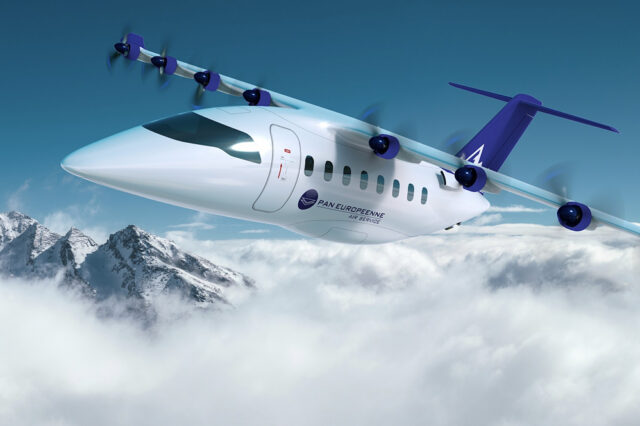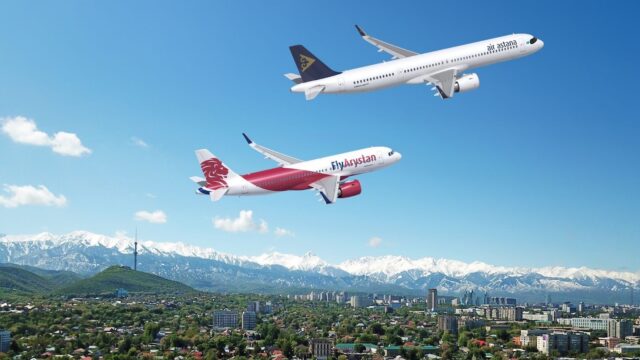Swiss forced to axe 1,400 flights amid pilot shortage

May 20, 2025

Swiss International Air Lines is set to cancel around 1,400 flights between now and the end of October, citing an ongoing shortfall in available pilots.
The Lufthansa-owned carrier says the staffing shortage has left it unable to maintain its planned schedule.
The airline is now reviewing options to bring in more wet-leased aircraft, beyond the current arrangements, according to reports, in a bid to stabilise operations during the busy summer period.
The airline has also been hit by an increase in unplanned long-term pilot absences, while early retirements during the Covid pandemic have further thinned the ranks.
Last month, Swiss reported a positive operating result for the first three months of 2025. Adjusted EBIT for the period amounted to CHF 3 million (Q1 2024: CHF 31 million).
The airline achieved adjusted earnings before interest and taxes of CHF 3 million for the first three months of 2025, a seasonally weak period in business terms. The result compares to an adjusted EBIT of CHF 31 million for the same period last year.
Total first-quarter revenues amounted to CHF 1.22 billion, a two-per-cent increase on the prior-year period (Q1 2024: CHF 1.19 billion).
“Our first-quarter earnings were in line with our expectations,” said SWISS Chief Financial Officer Dennis Weber. “The decline from their prior-year level is attributable largely to calendar factors. Easter, with its high travel demand, fell in the first quarter last year. But the 2025 long Easter weekend fell in April, so all this travel volume was recorded in the second quarter instead. And this has a tangible effect on the corresponding quarterly results.”
Demand remained strong in the first-quarter period, though an expanded flight programme lowered average seat load factors.
Rising costs further eroded earnings for the period, with personnel expense above its prior-year levels following new recruitments and salary increases.
Charges and fees also saw disproportionately high rises that outpaced capacity growth, particularly in the air navigation services field.
On a positive note, earnings were buoyed by strong cargo business and fuel prices that were below their prior-year levels.
















